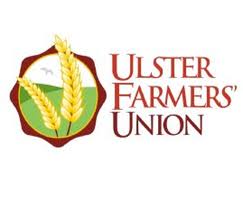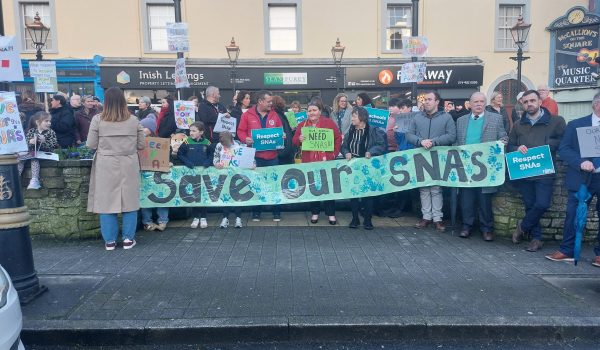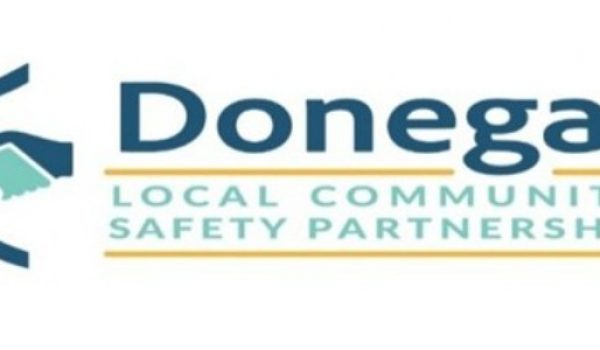
The Ulster Farmers’ Union says while it accepts the need for the upgrade of the A5, it’s vital that those affected are treated fairly.
UFU deputy president John McLenaghan, says a meeting in Omagh brought together over 150 farmers, landowners and local political representatives, and delivered a very clear message.
Mr McLenaghan says the key issues emerging from the meeting are concerns around how the vesting process is being handled, and the need for transparency and equitable treatment.
He says the union is urging everyone affected to take the necessary steps to protect their business interests, and ensure they are compensated appropriately.
Mr McLenaghan stressed that this would be a long process, and that all those along the route need to recognise the need to act collectively. He said the UFU will work on behalf of all landowners to ensure rights are upheld and that people affected are fairly compensated.
As part of that process the UFU launched a number of recommendations in the areas of record keeping, and the need for professional advice.
In particular, he says landowners must ensure that they receive the development value of their land, as many in attendance felt that they had not been treated fairly to date.
******************
UFU statement in full –
UFU stresses need for A5 fair treatment
The Ulster Farmers’ Union (UFU) hosted a meeting for farmers and landowners affected by the
new A5 transport corridor last week (18 October). The message from the Omagh meeting was
that while the need for the new road was fully accepted, it was vital that those affected are
treated fairly.
UFU deputy president, John McLenaghan, said, “Our meeting brought together over 150
farmers, landowners and local political representatives. The messages from those that will be
affected by the new road was around how the vesting process is being handled, the need for
transparency and equitable treatment. We urge everyone affected to take the necessary steps
to protect their business interests and ensure they are compensated appropriately.”
Mr McLenaghan stressed that this would be a long process and that all along the route needed
to recognise the need to act collectively. He said the UFU will work on behalf of all landowners
to ensure rights are upheld and that people affected are fairly compensated.
As part of that process the UFU launched its recommendations in the shape of an action plan
to guide discussions with the authorities as the project continues:
Record keeping: Landowners are strongly encouraged to document all aspects of the
process, including keeping detailed records and taking photographs of their land and
any features before work begins.
Seek professional advice: Farmers and landowners should seek guidance from land
agents, solicitors, and accountants, especially regarding the tax implications of
compensation. This professional advice is essential for navigating the complexities of
the process.
Minutes: Take minutes during any meetings with land agents or contractors to ensure a
clear record of discussions and agreements.
Development value: There was a strong call for landowners to ensure that they receive
the development value of their land, as many in attendance felt that they had not been
treated fairly to date.
“This is about fair treatment and the protection of rights. We are not out to delay the road. We
recognise it is vital to tackle its road safety record. All we are seeking is a commitment that
farming families whose businesses will be affected are treated properly and in a timely way,”
said the UFU deputy president.





